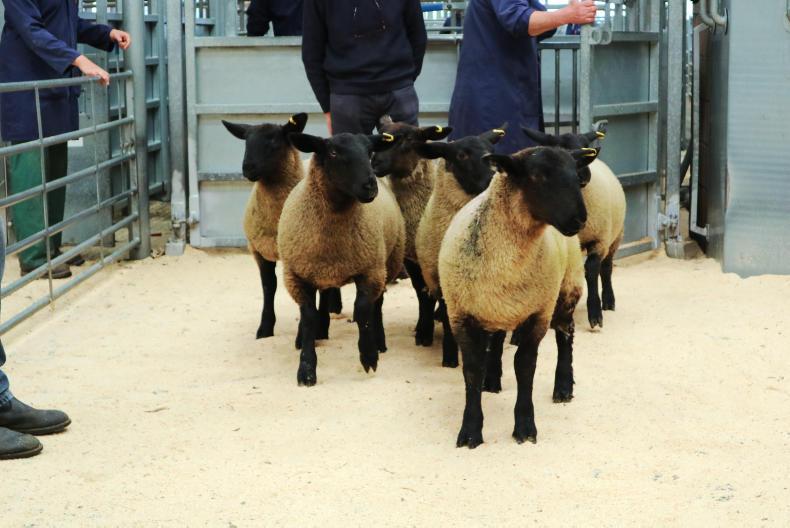Farmers in Scotland may soon be required to use a secondary tag for sheep when sending them to markets or finishers, if draft EU regulations which are currently under consideration are implemented, Farmers Journal Scotland understands.
Commenting on the possibility of the new regulations, a spokesperson for NFU Scotland said: “Last Thursday, NFU Scotland was made aware that a draft delegated regulation has been produced by the European Commission which is relevant to sheep EID. At the moment, normal practice in Scotland is to use slaughter tags for the traceability of sheep destined for slaughter within 12 months of birth. This allows for animals to be sent to markets and finishers in batches without the need to record individual identification numbers or to identify these animals with a secondary tag.”
There are concerns within the industry that such regulations could have a detrimental effect on the store and prime lamb trade.
“I don’t see the need to change the current tagging regulations,” according to Andrew Wright executive secretary to the Institute of Auctioneers and Appraisers in Scotland.
“What it means is that any movement apart from direct to slaughter from the farm of birth will require two tags. Other countries in the EU don’t have the stratified system we have. In Europe the majority of lambs would go direct from farm to slaughter whereas a lot of our lambs will come down of the hill for further feeding.”
“It is not only the increased cost and workload associated with using the additional tags but the requirement that every individual number would be recorded in the flock register. There could be big issues with cross compliance if numbers were entered incorrectly.”
Store buyers
One possibility is that farmers may decide to send sheep directly to abattoirs which could affect numbers moving through auctions.
The NFUS spokesperson confirmed that the Union are currently examining the wording within the draft delegated regulation: “We aim to demonstrate to political representatives in Scotland and Europe that our current sheep traceability provides full traceability without adding over burdensome cost and bureaucracy on our stratified sheep production system.
“It is important to stress that this draft regulation is not final and that discussions will continue in Europe on this draft delegated regulation.”
Chairman of the National Sheep Association (NSA) Scotland, John Fyall has also confirmed that the organisation will work with other stakeholders to address any possible implications: “We found out about this very late in the day and we’re slightly put out that Defra didn’t think to consult NSA stakeholders.
“NSA headquarters have only been made aware of this in the last fortnight and it’s frankly shocking that the whole industry has only found out about this late in the day.”
It is not yet known when these draft proposals, if passed, would come into effect for Scottish farmers.
Both the Scottish Government and Defra were approached for a comment, but failed to respond before publication.






 This is a subscriber-only article
This is a subscriber-only article









SHARING OPTIONS: